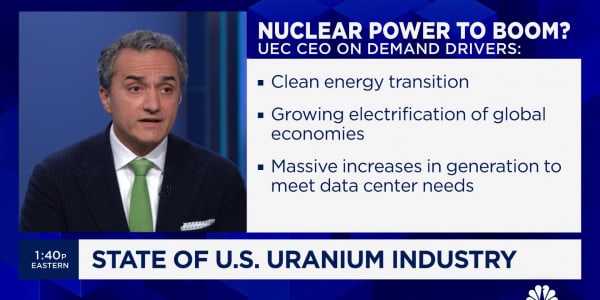Over the weekend, former investment banker turned Wall Street scourge William Cohan attacked the integrity of Mitt Romney in a Washington Post op-ed titled, “When Romney ran Bain Capital, his word was not his bond.”
The gist of the article was that Bain Capital was a really tough negotiator when purchasing companies being sold by Wall Street investment banks.
Seemingly alone among private-equity firms, Romney’s Bain Capital was a master at bait-and-switching Wall Street bankers to get its hands on the companies that provided the raw material for its financial alchemy. Other private-equity firms I worked with extensively over the years — Forstmann Little, KKR, TPG and the Carlyle Group, among them — never dared attempt the audacious strategy that Bain partners employed with great alacrity and little shame. Call it the real Bain way.
My first reaction to this was to think that this made me like Romney a bit more. Maybe what we need in a president is a guy who knows how to outfox Wall Street bankers. The idea that there might be a rougher edge to Romney makes him far more appealing than the smiling, happy, family Romney the campaign is pitching.
My next thought was that Cohan seems to have forgotten how Wall Street works. Before I became a Wall Street scribe, I was a Wall Street lawyer. In particular, I worked in the very space Cohan is talking about — the rough and tumble of leveraged acquisitions.
Later today, I’m going to explain the crucial piece that I think Cohan ignored in attempting to undercut Romney’s integrity. For now, I’ll point you toward a great piece by the pseudonymous blogger The Epicurean Dealmaker.
The entire pieceis worth reading. It’s actually a great quick education on the structure of Wall Street deal-making. The conclusion, however, is the real killer.
Bain Capital may indeed have been more inclined to retrade offers during exclusivity periods than many of its competitors, but this may have been due to the legacy and practices inculcated in its ranks by the eponymous consulting firm which spawned it. Bain is notorious for approaching private-equity investing with armies of (ex-Bain) consultants, who pore over the books, records, and operations of subject companies looking for areas to improve, like consultants do.
Bain may simply have found more flaws and blemishes in their potential purchases than other, less manpower-intensive PE buyers. If they learned to expect that outcome, they may have settled on a strategy to bid higher than others in early rounds because they wanted a chance to win a few deals.
At the end of the day, however, it is important to keep in mind that selling a company is always and everywhere a negotiation: There is no “true,” “honorable,” or “correct” value for a business. The tactics, process, and outcome all depend upon the relative negotiating leverage of the parties involved, and it should be no surprise to anyone that the stronger party will win out most of the time. A clever and resourceful sell-side advisor can try to maximize the leverage of a seller with a weak hand, but at the end of the day even genius rainmakers can’t make it rain in the Sahara in June. What is not at stake, however, is an archaic view of “honor and character” that requires a bidder to pay more than it ought to (or, what is the same thing, what it can get away with) simply because some prissy investment banker can’t bring himself to get down in the mud and wrestle for his client.
That’s what they pay us the big bucks for, Bill, not for swanning about in Saville Row suits at The Four Seasons. You should remember that.
Next up: What was really behind all those Bain renegotiation attempts.
Questions? Comments? Email us at
Follow John on Twitter @ twitter.com/Carney
Follow NetNet on Twitter @ twitter.com/CNBCnetnet
Facebook us @






